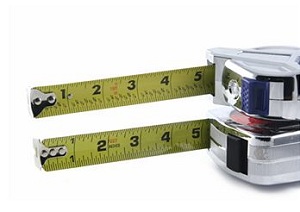How can I Support Twice-exceptional Students in the Classroom?
Posted by PLB · Leave a Comment

 Twice-exceptional students include gifted learners who exhibit the following indicators:
Twice-exceptional students include gifted learners who exhibit the following indicators:
- Discrepancy between verbal and performance ability.
- Extremely frustrated by school.
- Auditory and/or visual processing problems which may cause slow response, work delay or an appearance of thinking slowly.
- Short-term or long-term memory issues.
- Motor difficulties exhibited by clumsiness, poor handwriting or problems completing paper-and-pencil type tasks.
- Lack of organizational skills and/or study skills; appearing “messy.”
- Struggle to think in a linear fashion; difficulty following directions.
- Easily frustrated; giving up quickly on tasks; fear of being wrong or making mistakes.
- Difficulty explaining or expressing ideas, getting-to-the-point and/or expressing feelings.
- Holding others responsibility for their problems while writing off their achievements as luck.
- Easily distracted; unable to maintain attention for long periods of time.
- Impulsive
- Poor social skills; demonstrating antisocial behavior.
- Highly sensitive to criticism.
- Deficient or extremely uneven academic skills which causes a lack of academic initiative, tends to appear academically demotivated, avoids school tasks, and frequent fails to complete assignments.
Twice-exceptional students should ideally receive instructions as a special group for at least part of the day. Additional teaching strategies that have proven to be successful for these students include:
- Allowing extra time on tests
- Providing oral rather than written exams
- Having writers take notes for them so that the learner can concentrate on what is being said
- Providing more challenging material
- Accommodating the student’s individual learning style
- Awareness and integration of each learner’s strengths and passions
Learn More… Take this course: Differentiation for Gifted Learners in the Classroom
Discuss Here: What are some ways you have supported twice-exceptional students in your classroom?



